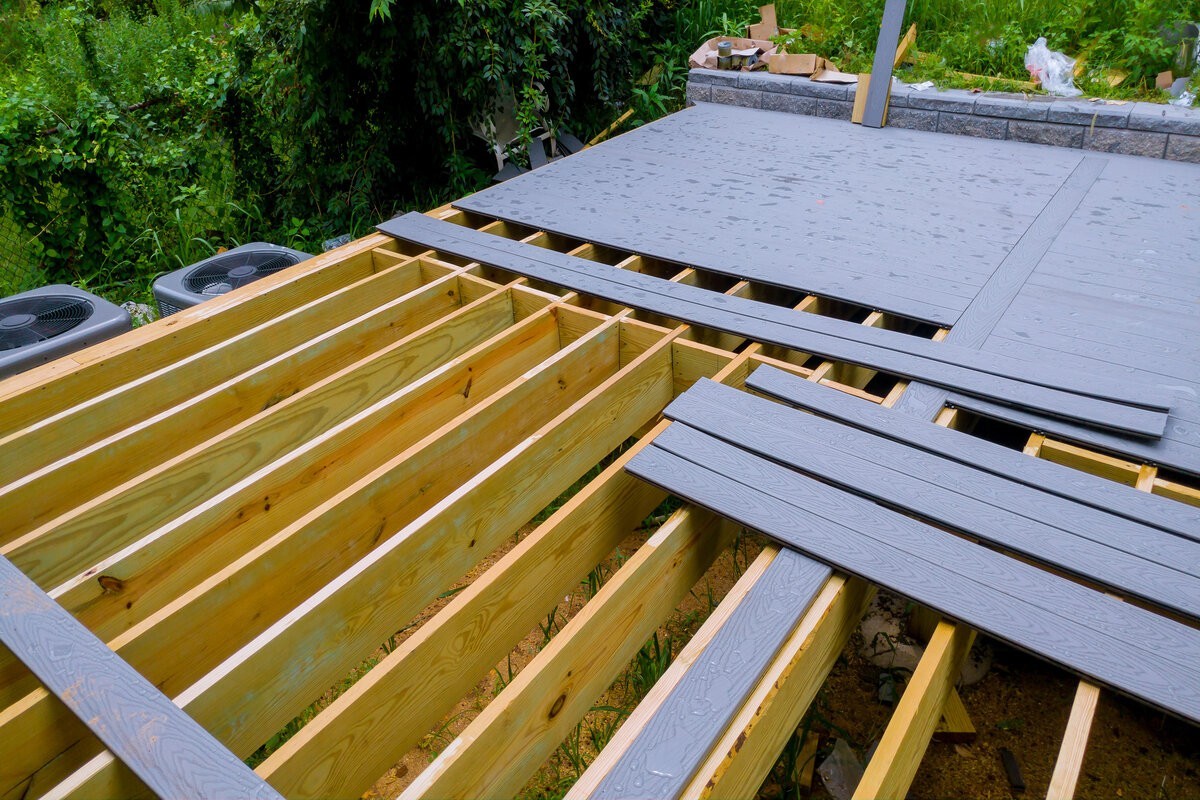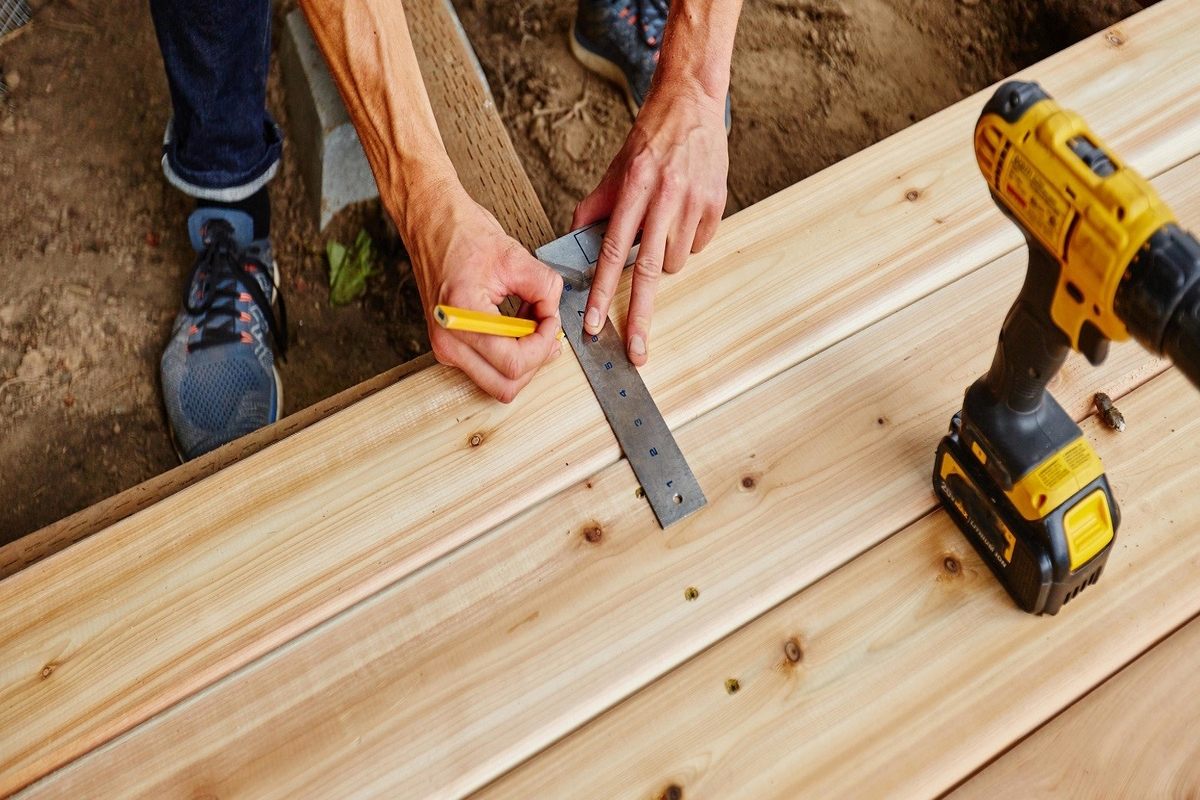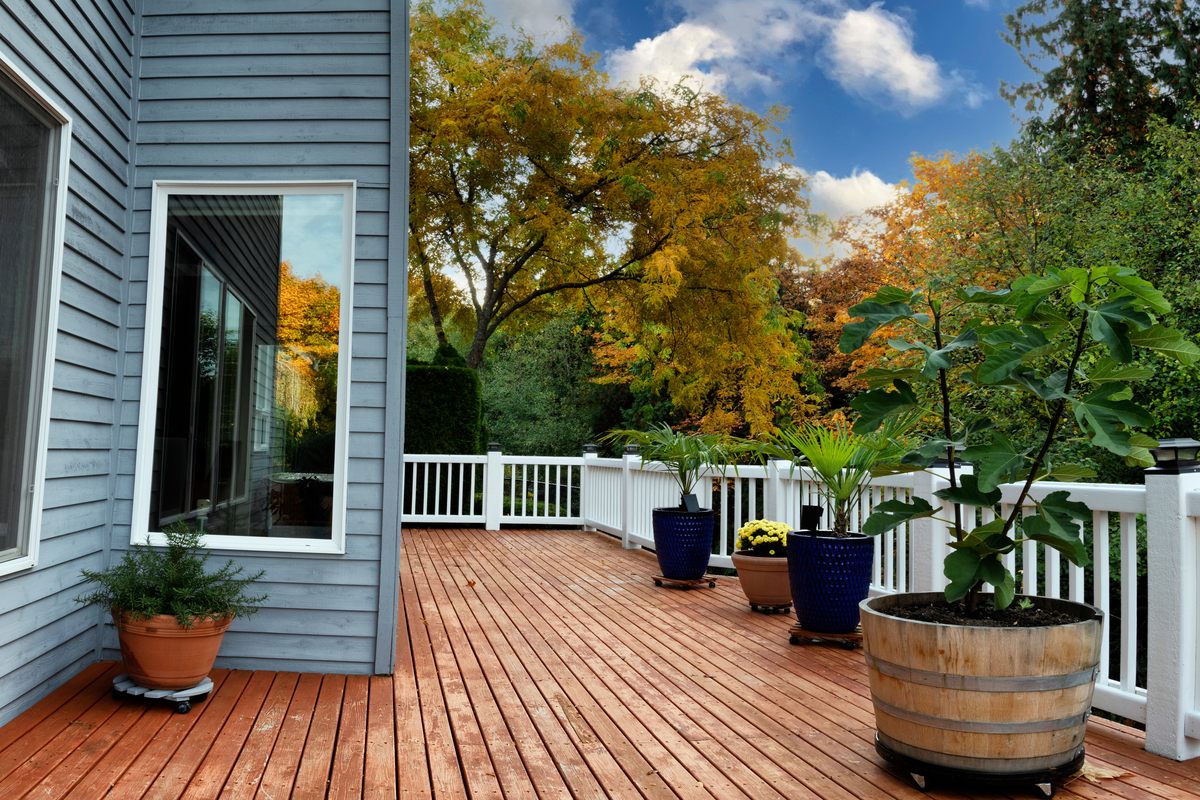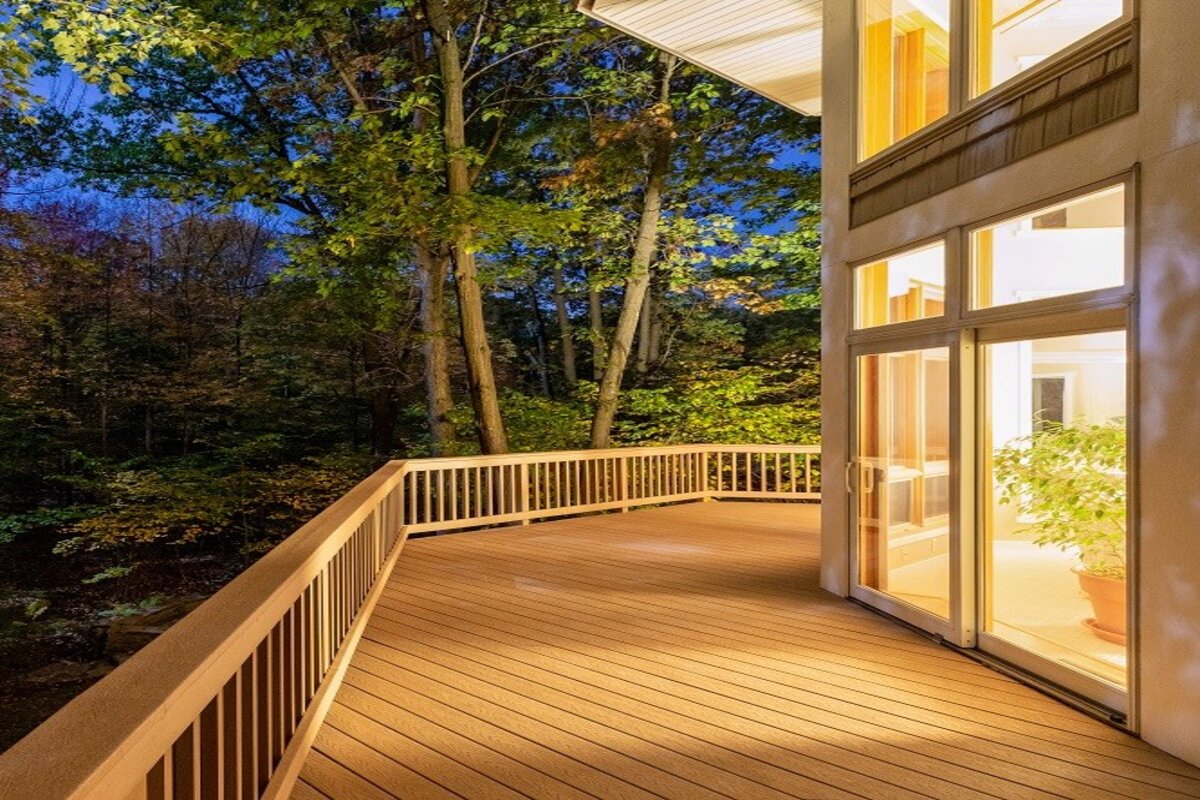The perfect pool isn’t just about crystal-clear water—it’s also about what surrounds it. The right decking transforms your pool area into a luxurious, safe, and durable retreat that you can enjoy for years to come. But with so many options available, how do you choose the one that will stand up to the elements and still look great years down the line? We’ll dive into this in the sections below.
Why Decking Matters Around a Pool
Decking is more than just a surface to walk on—it’s an essential part of your pool’s environment. The right decking enhances the beauty of your outdoor space, ensures safety for your family and guests, and withstands the challenging conditions of constant exposure to water, sun, and humidity. Choosing the wrong material can lead to costly repairs and a less-than-ideal poolside experience.
The Challenges of Poolside Decking
Pool decks face unique challenges that regular decks do not. The area around a pool is constantly exposed to moisture, whether from splashing, humidity, or rain. Additionally, these areas often experience intense sunlight, which can cause materials to expand, contract, and even deteriorate over time. Therefore, selecting a material that can handle these conditions is crucial.
PVC: The Best Type of Decking for a Pool
So, what is the best type of decking for a pool? After years of working with various materials and seeing firsthand how they perform in pool environments, we can confidently say that PVC (Polyvinyl Chloride) decking is the top choice.
Why PVC Outperforms Other Materials
- Water Resistance: Unlike wood or composite decking, PVC is impervious to water. This means it won’t absorb moisture, swell, or rot, making it ideal for the humid, wet conditions around a pool. You could even submerge PVC boards in water, and they wouldn’t break down.
- Durability: PVC decking offers exceptional durability. It’s designed to withstand the harsh conditions of a pool environment, including intense sunlight and constant exposure to water. Unlike composite materials, which contain wood fibers that can absorb moisture and eventually deteriorate, PVC remains solid and intact over time.
- Low Maintenance: One of the biggest advantages of PVC decking is its low maintenance requirements. It doesn’t need to be stained, sealed, or treated to maintain its appearance and integrity. A simple wash with soap and water is usually all it takes to keep it looking new.
- Variety of Options: PVC decking comes in a wide array of colors and finishes, allowing you to achieve the exact look you want for your pool area. Whether you’re aiming for a traditional wood grain or a sleek, modern appearance, there’s a PVC option that fits your vision. The boards can even mimic the look of hand-scraped wood, offering endless design possibilities.
Additional Considerations for PVC Decking
While PVC is a fantastic choice, it’s important to consider a few other factors:
- Expansion and Contraction: PVC decking can expand and contract with temperature changes. However, this is a manageable issue when installed correctly. Professional installation techniques account for these changes, ensuring that your deck remains stable and attractive throughout its lifespan.
- Slipperiness: Given that pool decks are often wet, slipperiness is a valid concern. PVC decking manufacturers have addressed this by offering boards with textured surfaces that enhance grip, reducing the risk of slips and falls. This feature makes PVC not only durable but also a safer option for poolside areas.
Comparing PVC with Other Decking Materials
While PVC is our top recommendation, it’s essential to understand how it compares to other popular options:
- Composite Decking: While composite decking is often considered for poolside use, it contains wood fibers that can absorb water over time, leading to swelling, warping, or even rot. This makes it less ideal than PVC in a constantly wet environment.
- Wood Decking: Traditional wood decking, while beautiful, is highly susceptible to water damage. It requires regular maintenance, including sealing and staining, to protect it from moisture. Even with diligent care, wood can still warp, splinter, or rot, making it a less reliable choice for poolside areas.
- Design Flexibility: Both PVC and composite decking offer a wide range of colors, textures, and finishes. However, PVC decking is often preferred for its ability to mimic the appearance of natural wood while offering superior performance in wet environments.
In Summary
When choosing the best type of decking for a pool, PVC stands out as the superior option. Its water resistance, durability, low maintenance, and variety of design options make it an excellent choice for creating a beautiful and long-lasting poolside retreat. If you’re planning to build or upgrade your pool deck, consider PVC for a worry-free, high-performance solution.
For more information on how we can help you create the perfect poolside deck, contact us today. We’re here to ensure your outdoor space is both beautiful and functional for years to come.






